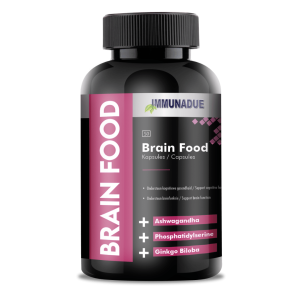- Class of Mineral:
- Calcium is a metallic mineral that is essential for various physiological functions.
- Calcium is considered alkalizing. It helps maintain the body’s acid-base balance by acting as a buffer against acidic substances.
- How the Body Utilizes Calcium:
- Bone and Teeth Formation: The majority of calcium is stored in bones and teeth.
- Muscle Contraction: Facilitates muscle function, including the heartbeat.
- Blood Clotting: Plays a role in the coagulation process.
- Calcium Supplement Dosage:
- Recommended Daily Allowance (RDA): The RDA for calcium varies by age and gender. For adults, it is around 1000 mg to 1300 mg per day.
- Typical Dietary Intake: Dietary intake varies but can be met through a balanced diet rich in dairy products, leafy greens, and fortified foods.
- Tolerable Upper Intake Level (UL): The UL for calcium is 2500 mg per day for adults. Excessive intake can lead to hypercalcemia.
- Symptoms of a Calcium Shortage:
A deficiency in calcium can lead to:
-
- Osteoporosis: Weakening of bones, increasing the risk of fractures.
- Muscle Weakness: Impaired muscle function and coordination.
- Dental Issues: Weak teeth and increased susceptibility to cavities.
- Symptoms of Too Much Calcium:
Excessive intake of calcium, usually from supplements, can cause:
-
- Hypercalcemia: Elevated levels of calcium in the blood, leading to symptoms like nausea, vomiting, and weakness.
- Various Forms of Calcium Supplements:
- Common forms include calcium carbonate, calcium citrate, and calcium phosphate. The best form depends on individual needs and tolerance. Combining calcium with Vitamin D and magnesium can enhance absorption.
- Other forms, such as calcium gluconate, calcium lactate, calcium phosphate:
- Various Food Sources of Calcium:
Include the following foods in your diet to ensure adequate calcium intake:
-
- Dairy Products: Milk, yogurt, and cheese.
- Leafy Greens: Kale, broccoli, and spinach.
- Fortified Foods: Certain cereals, juices, and plant-based milk alternatives.
- How to Take Calcium:
- Meal Timing: Take calcium supplements with meals to enhance absorption, especially those containing dietary fats.
- Time of Day: No specific time restrictions, but dividing the dosage throughout the day may improve absorption.
- Positive and Negative Interactions:
Positive Interactions:
-
- Vitamin D: Enhances calcium absorption in the intestines.
- Magnesium: Works synergistically with calcium for bone health.
Negative Interactions:
-
- Excessive calcium intake may interfere with the absorption of other minerals, such as iron and zinc.
- Contraindications and Risks:
- Individuals with kidney problems should consult a healthcare professional before taking calcium supplements.
- High-dose calcium supplementation may increase the risk of kidney stones in susceptible individuals.
- Always consult a healthcare provider before making significant changes to your calcium intake, especially if dealing with existing health conditions or taking medications.






Reviews
There are no reviews yet.